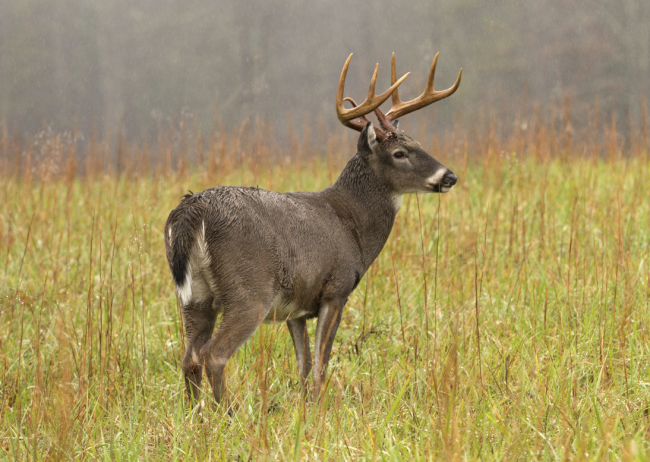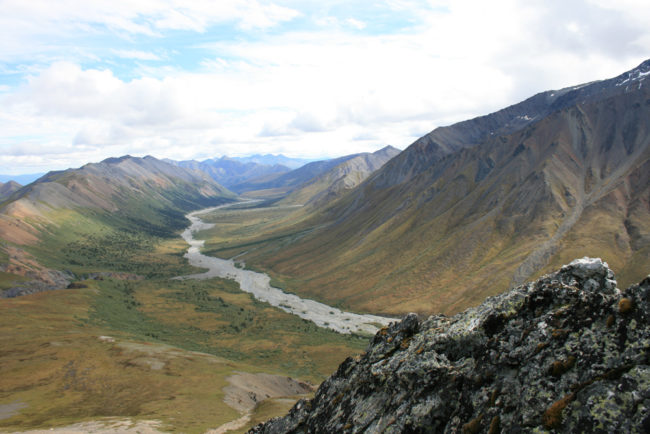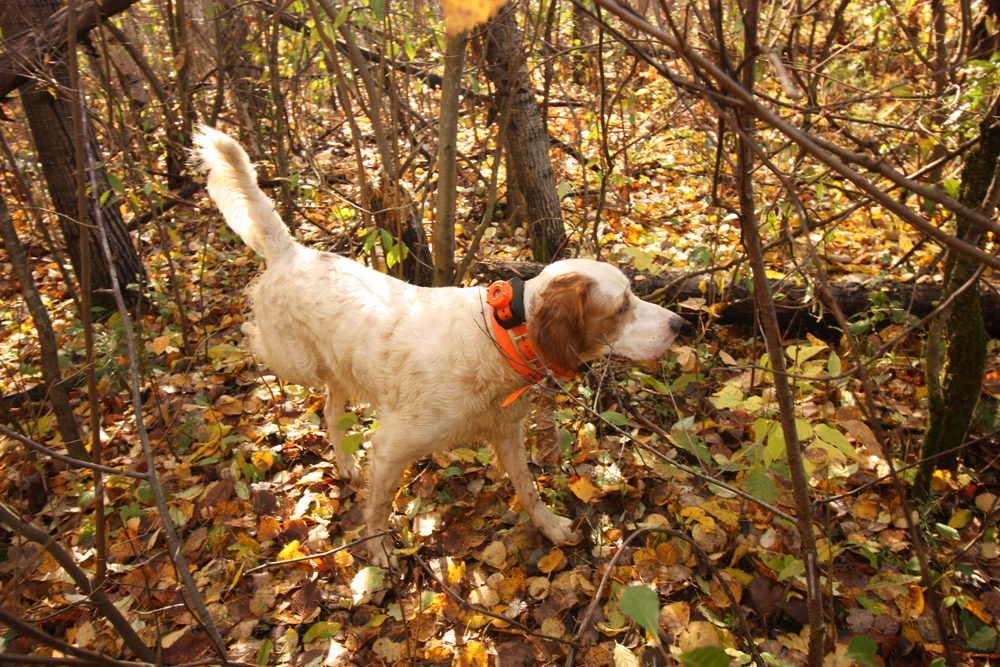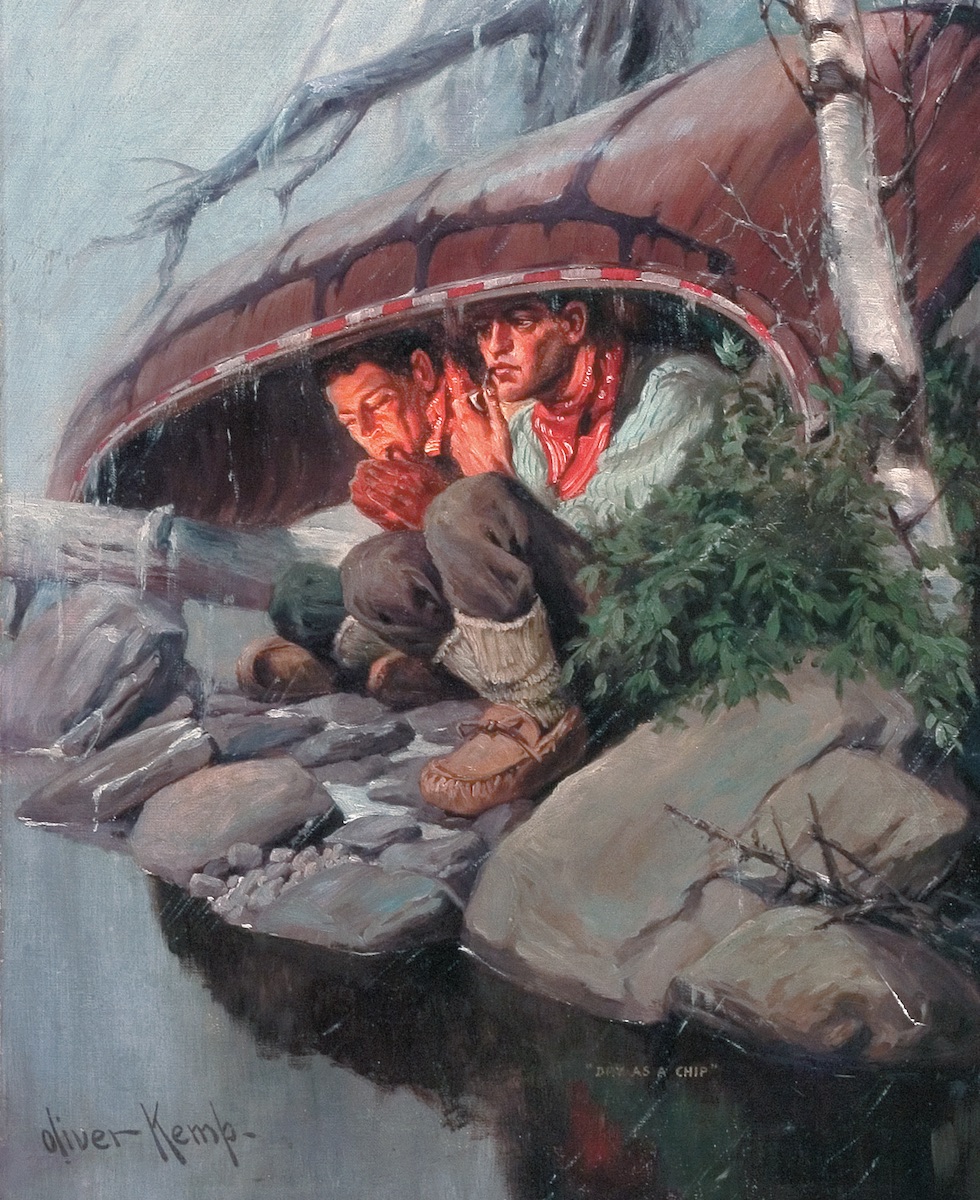I had plenty of time to come up with a good story for the men at camp as I lay bleeding in the woods. After squirming out of my hunting pack, I dug through a pocket to find the whistle and blow it three times to summon help. I could only manage two before the pain took over. I couldn’t see from the blood in my eyes. I could feel it flowing across my face and tried to elevate my head.
Grabbing the hanky out of my back pocket, I began dabbing it at my face and got so I could see, but I still didn’t understand how badly I was hurt. I decided to lie there . . . and to blame my wounds on the deer.
One of the great traditions of a deer camp is the creation of a mythical buck. This comes about when members catch glimpses of a particularly elusive deer or find his track. That no one is able to kill him implies a keen intellect that came about from years of experience. He is large. He has a big rack. He lives far off in a part of the woods that most of the men do not hunt in. He lives forever.
As guests and new members come into camp, tales of him are told at night. Sort of an initiation.
At Greggs Lake, our club in the Adirondacks, our buck was called Luther. He lived over by Loon Hollow Pond on what would become Luther’s Mountain. It was said that his rack was so large that he had to walk through the woods backwards to keep his antlers from tangling in the branches. I have told my share of Luther stories, and I have seen his track.
But in 2005 we lost that camp to the State of New York in what has become known as the Champion Land Deal, which ended our 70-odd-year history. It has been said that a total of 400 hunting clubs were done in by this land acquisition. Obviously, when we left Luther couldn’t go with us. But what if the son of Luther was there on Tug Hill, a North Country landmark thought to be a plateau, where I was on the day when I got hurt? Why couldn’t that happen?
It was in the fourth hour of my hunt, a Saturday, October 30. After sitting out a few rain showers under the pines, I began to still hunt the Green Swamp. The rain made it nearly perfect. I was hugging the side of a ridge to keep from being silhouetted when a large buck emerged from the swamp below me. Then he charged. It was so unusual, so fast, that I did not even have time to raise my rifle before he plowed into me, knocking me off of my feet.
He kicked me in the face as I tried to rise. My glasses flew. Blood flew. I flew, clutching my rife to save the scope. There was a gash over one eye, my nose was broken, and blood flowed from all of it. I managed to rise and look at him, half afraid of another kick—or worse, a goring.
The buck walked up to me. Leaning in, he said, “Don’t ever come back into these woods . . .”
I rose to watch him walk away. Even through the blood I could tell he was at least an eight pointer. He had a kicker. His muzzle was gray. His forehead was scarred and he had a big chest.
He was almost out of sight when he stopped and, looking back over his shoulder at me, began to speak again.
“But if you do, get my name correct. Mordecai.”
I lay there for an hour or more for the bleeding to stop enough so I could get up. I found my glasses, grabbed my pack, and began walking back to camp, expecting—hoping—that along the way one of my campmates would find me. No one did.
At camp, I found my brother Tim down by the river, tending to a fire in the old bathtub that we use for a fire pit. He didn’t hear me coming, but even more than the shock of seeing me was the shock of seeing me when I asked for help.
I could tell that the sight was disturbing. He ran towards me, holding out his arms to grab me and pushing me down onto the picnic table bench in the same motion.
“What happened?”
I started to tell him, but he interrupted.
“Give me your rifle.”
He emptied it and set it down, like one would do with a hunter in a panic. He pulled out another dirty hanky from his back pocket and began to wipe off my face.
“Hold your head back. We have to stop this bleeding. Hold this. Don’t move. I am going to camp to get the first-aid kit.”
I could have told him how I slipped on a wet tree root, going down hard trying to save my rifle, but instead I said, “It was a big buck. It chased me through the woods and told me to never come back.”
Tim began to smile.
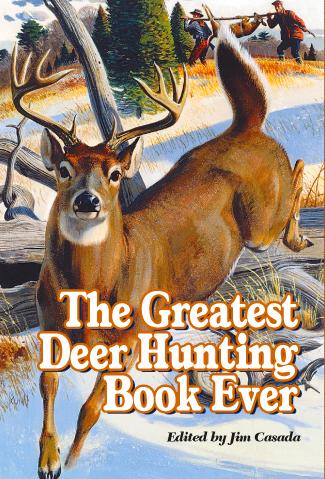 There’s something about the deer-hunting experience, indefinable yet undeniable, which lends itself to the telling of exciting tales. This book offers abundant examples of the manner in which the quest for whitetails extends beyond the field to the comfort of the fireside. It includes more than 40 sagas which stir the soul, tickle the funny bone, or transport the reader to scenes of grandeur and moments of glory.
There’s something about the deer-hunting experience, indefinable yet undeniable, which lends itself to the telling of exciting tales. This book offers abundant examples of the manner in which the quest for whitetails extends beyond the field to the comfort of the fireside. It includes more than 40 sagas which stir the soul, tickle the funny bone, or transport the reader to scenes of grandeur and moments of glory.
On these pages is a stellar lineup featuring some of the greatest names in American sporting letters. There’s Nobel and Pulitzer prize-winning William Faulkner, the incomparable Robert Ruark in company with his “Old Man,” Archibald Rutledge, perhaps our most prolific teller of whitetail tales, genial Gene Hill, legendary Jack O’Connor,Gordon MacQuarrie and many others.
Altogether, these carefully chosen selections from the finest writings of a panoply of sporting scribes open wide the door to reading wonder. As you read their works you’ll chuckle, feel a catch in your throat or a tear in your eye, and venture vicariously afield with men and women who instinctively know how to take readers to the setting of their story.
This is an anthology to sample and savor, perhaps one story at a time or in an extended session of armchair adventure. That’s a choice for each individual reader, but rest assured that on these 465 pages, there’s an abundance of opportunity to be enlightened and entertained.
The Greatest Deer Hunting Book Ever provides what is in effect a portable hunt camp, replete with stirring sagas of whitetail delight. In these pages, the deer season is always open and the sport’s joys endlessly unfold. Buy Now

